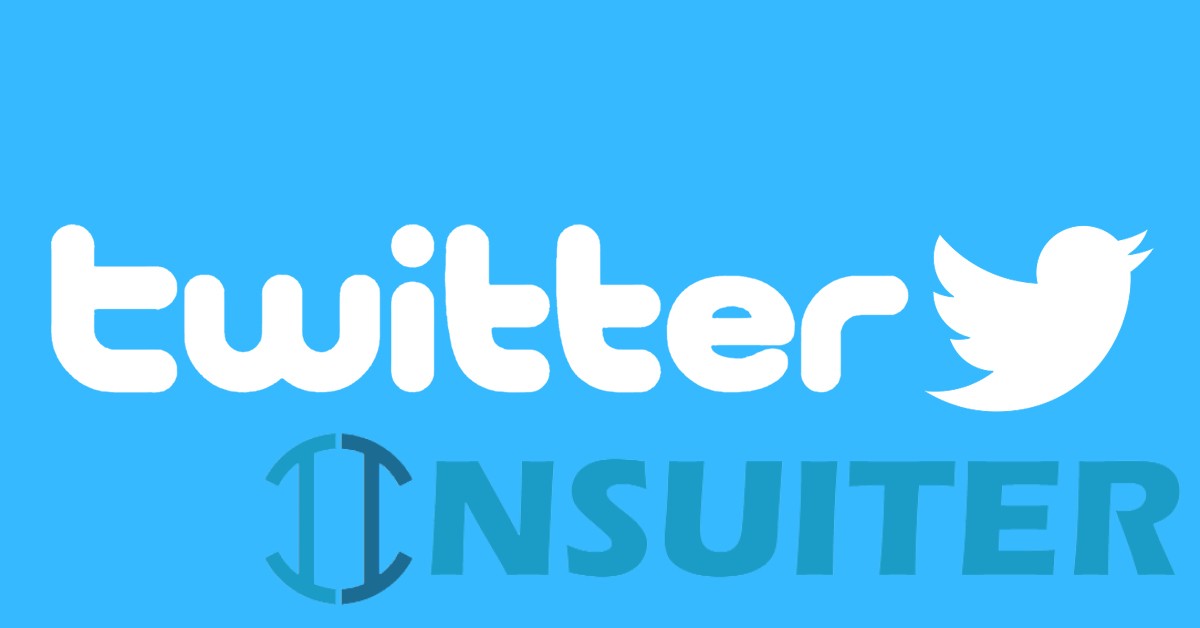Why Would A Person You Don’t Know Would Block You On Twitter
Because of the way Twitter works, the only way to ensure that you don’t see tweets from individuals you don’t like is to block them. It is something that everyone should do more of.
Although Twitter’s security procedures are notoriously lax, if someone appears in your mentions when you don’t want them to, you have two quick options: mute or block them. Muting stops you from seeing other people’s tweets when they respond to you, while banning is a more severe step that prevents anyone from engaging with your account at all. I don’t think it’s that drastic.
The issue with muting is that although it prevents you from seeing a specific user’s tweets, it does not prevent them from tweeting towards you. If you examine the responses to a specific tweet, you may discover that someone has been having an angry debate with someone you’ve muted, clogging your mentions even though you thought you’d addressed the issue. It also doesn’t help if someone is scouring your tweets for items to display their followers in order to get them to tweet at you. What began as a little issue starting with a single user may quickly escalate into a much bigger issue originating with a mob.
Being blocked is neither a source of pride nor a serious infraction.
The second problem is that muting an account does not prevent you from viewing tweets from that account. I wasn’t as into Da Share Zone, a satirical Twitter account that publishes words about anxiety or everyday life situations over strange pictures of skeletons or dragons, when everyone else was. I attempted to mute the account, but other people’s retweets continued to clutter up my feed. I blocked Da Share Zone rather than yelling at my pals for enjoying something they liked. I have nothing against that account; I simply didn’t want to see it, and I prefer not to be irritated by online postings if at all possible.
Blocking is often seen as cowardly, which is a disadvantage I can appreciate. It seems like you’re letting someone else win: they got to you, and you’re the loser in the game of “who cares the least.” But the problem with it is that when someone wins a game, it’s over. Even the most persistently enraged individuals who pop up in my mentions, the ones who snap a picture of the block they’ve gotten and tweet something like “I suppose I struck a nerve,” lose interest once there’s a stumbling barrier to further interacting with me.
It’s not really about losing access to what someone thinks when they’re blocked. Let’s face it: after you’ve been blocked, it’s ridiculously simple to keep reading other people’s tweets. Go to their website in an incognito browser and you’re done. Blocks seem to irritate individuals not because they prevent blocked people from reading what a person has to say, but because they prevent them from tweeting at the person who blocked them. It’s about a person’s right to their time.
The block, and only the block’s finality, serves as a reminder of an essential truth: no one is ever obliged to interact with you, under any circumstances. What do you think will happen if you send a stranger a tweet that is confrontational, antagonistic, or downright mean? That they’ll suddenly dedicate a chunk of their otherwise hectic day to someone who wants to scream at them? Even if you had a valid argument and the block was unjustified, it still reveals a lot about the person with whom you were conversing. You now know that they will not listen to you.
People who are prone to hitting the block button (such as me) are often accused of encasing themselves in an echo chamber. This perplexes me. It’s not like Twitter is the sole way to communicate with the outside world. Also, how would I be able to construct this alleged “echo chamber” in my daily life? All three arms of government are under Republican control. Donald Trump is the current president of the United States. I’m faced with views of view that I disagree with even among fellow lefties. On any given day, I may open The New York Times and read an op-ed by conservative writer Ross Douthat. Finally, I consider not reading things that make me upset to be a compassionate gesture toward myself. When I block someone, I sometimes feel like I’m doing them a favor. You don’t seem to like my tweets. You can’t read them anymore. Be free, my darling, and fly.
Being blocked is neither a source of pride nor a serious infraction. It’s just something individuals do to make their internet experience more enjoyable. It doesn’t prevent you from reading other people’s articles, sending them emails, or openly disagreeing with them. In reality, providing a counterpoint to someone that isn’t aimed at them directly, and without expecting a response, is a completely acceptable way to participate in the so-called marketplace of ideas.
Final thoughts
You don’t have to block everyone all of the time. However, blocking is often the best choice for someone who is irrationally furious, attempting to force you to defend an argument you aren’t making, the drive-by troll who wants to “trigger the libs,” or simply someone you don’t like. Block them if you want to. You’re helping yourself and them out.

